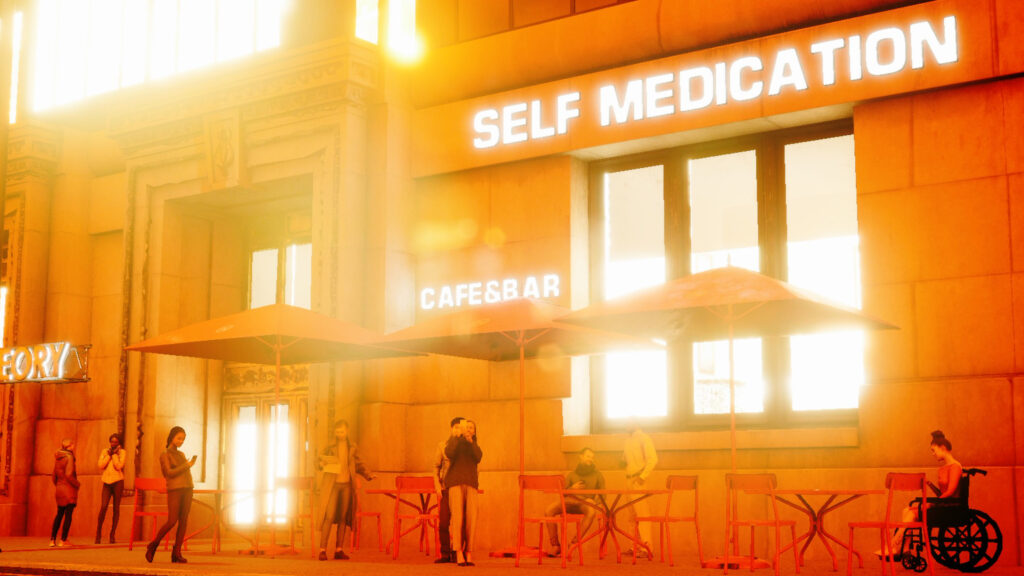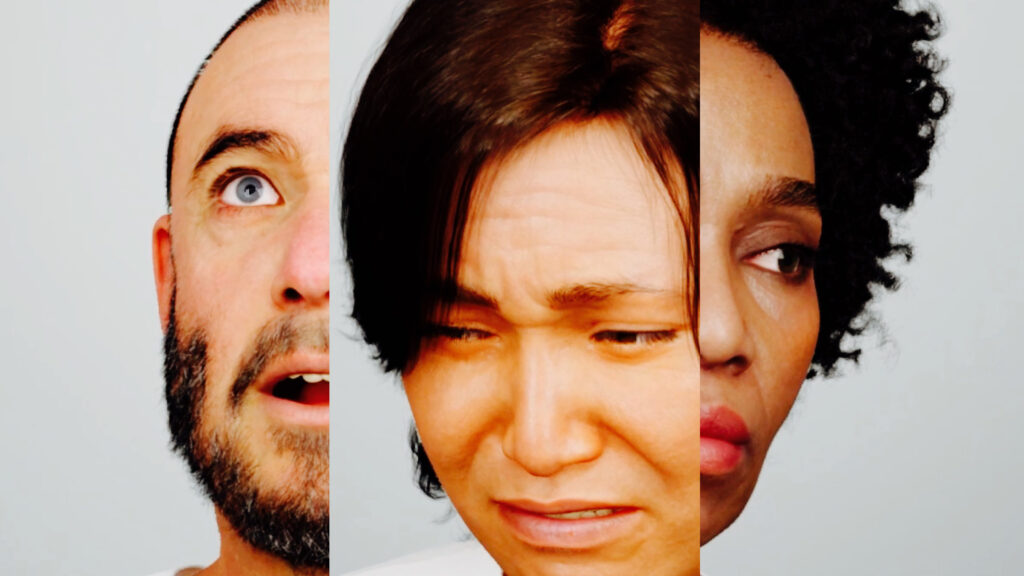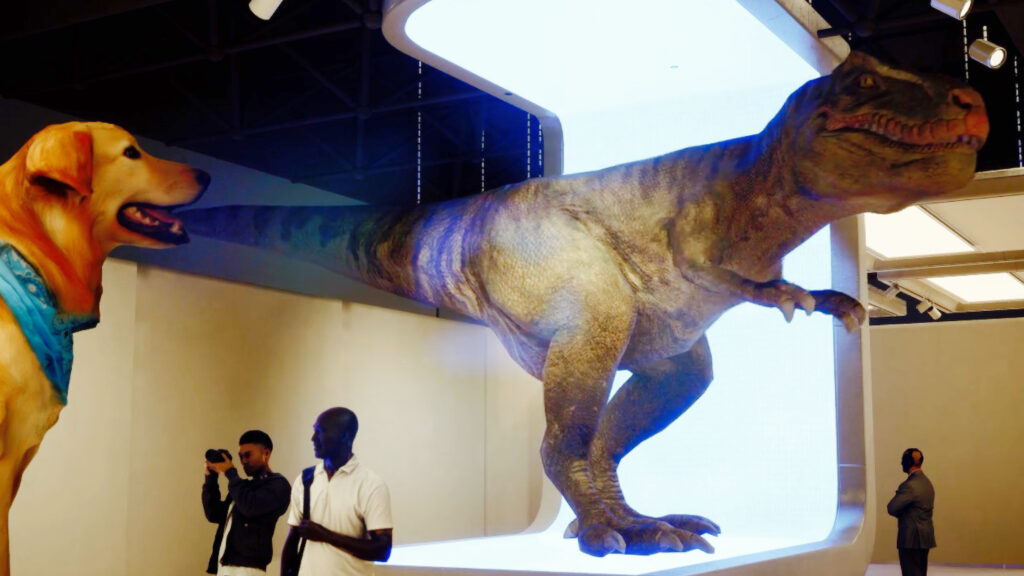Artist and writer Alistair Gentry critiques the art world’s focus on marginal diversity gains while it ignores underlying issues of class, disability, and other systemic inequities. Precarious employment, underfunding, and a lack of sustainable support for artists perpetuates a cycle of exploitation and hinders true inclusion.

The first draft I wrote of this was so angry it couldn’t be published. Or it could, but it wouldn’t have been helpful to anyone. I’m disabled, with a permanent health condition. Contrary to mainstream media narratives, “disabled” doesn’t mean you just find some things annoying or difficult, or you aren’t trying hard enough. It means that something in your life has a substantial and long-term negative effect on mundane activities like getting dressed or going to work. You can’t pull yourself together and stop being disabled.
So it’s hard not to be furious when you’ve tangled with an arts organisation – to give the example that inspired me to write this – that used to guarantee interviews to disabled applicants until they got “too many” (sic) disabled applicants, so they dropped the policy. When challenged on this, instead of expressing any remorse they quietly reworded their rules with no apology or acknowledgement of error, as if that had always been their policy. Oceania has always been at war with Eurasia, and so on.
I’m both unlucky and increasingly unusual as an artist and an arts worker because my parents weren’t rich. Many people in the arts seem mysteriously able to work for poverty pay, for exposure, or the sheer fun of it. This is only possible if you have a good income from elsewhere. Unlike them, if I fail, I’m destitute. I’ve twice in my life been homeless. Even worse, the disability charity Scope calculates that a disabled person like me needs an extra £1067 a month to have the same standard of living as a non-disabled person.
Like most artists I do other work to support myself. I’m relatively lucky that this freelancing is arts administration, so I still get to work with art and artists. But it’s also getting harder to find, with stagnant or falling pay. Fortunately for me, most of my freelancing and my artistic practice comes through direct request because people like working with me. But I still live on a knife edge in a system that even sets those who need extra help against each other.

I know from working on the other side of things that many funders and commissioners do what they call “balancing” – which means crudely that out of two equally qualified people if one presents as white and one is from the global majority, the global majority one will go in. If one is disabled and one does not say they’re disabled, the disabled one is it. This practice is sometimes thought through methodically and done with care and good faith. Sometimes it’s just vibes, and feels gross. But when opportunities are contracted to the point where an employer or an arts institution can only make space for marginalised people through special measures like this, the result is Inequity Olympics that pits people of colour against disabled people against people from low income backgrounds against every other type of person who doesn’t get a fair go at making a career in the arts. Ultimately somebody subjectively decides who out of two disadvantaged people serves the most oppressed values for the marginalised person’s slot that’s been temporarily held open for one of them. Active and bold measures are certainly needed to achieve social, racial, environmental, sexual and human rights justice. But if nobody “inside” is willing or able to give up any of the space they occupy or the power they wield, one marginalised person getting in is a short-term wangle. It’s not a permanent change or challenge to the system.
Here’s my advice, then, in this version of the text delivered calmly and constructively. Imagine me as the This is Fine dog.
In my thirty years direct experience of these things, a horrifying proportion of life-changing decisions in arts organisations – up to and including the UK’s Arts Councils– are based on subjectivity and liking a person or not, whatever they say publicly about fairness. Can we make fewer decisions based on vibes, assumptions, guesswork, personal prejudices and politics? Sometimes the brilliant people most in need of help or that your organisation most needs on the payroll are too exhausted and angry to be polite or nice. We could also stop the reverse of having to grin and bear it, where people have to perform their own oppression and trauma to grab their place.
If everyone we apply or pitch to keeps saying they know certain types of people are under-represented, like they have for decades now, shouldn’t we have already reached the point where this is fixed? I’d hope so, but clearly whatever they’re doing isn’t working. It’s far from a perfect solution, but with such huge numbers applying for everything now, even selecting randomly from every qualified applicant would potentially do more to bring outsiders in. Watershed and Jerwood Arts have been experimenting with this.

Pay artists, arts workers and freelancers properly so they can afford to job share, work flexibly, and eventually retire. Because if nobody has the money to step back to raise their kids, or retire with a pension, or even take a holiday, then nobody will be moving on to make space for new blood. In general, everybody should have the right and ability to do these things anyway.
Look out for each other. Being alive and being an artist in particular are inherently competitive endeavours so there will always be people who do better than their peers for various reasons. You have to be honest with yourself and with other people about that. What we don’t need to do is get into punching sideways or tearing each other down over a few hand-me-downs from a broken system. My struggles are not the struggles of a black person or a trans person, or even of a person disabled differently than I am. We can, though, recognise collectively that the regime will continue to fail us all while it is allowed to set – and move, when they feel like it – the goalposts that a few of “us” (whoever “we” are) are occasionally invited to play for.
Alistair Gentry is a writer and artist who makes live art, performance lectures, artistic interventions, participatory experiences and live role-playing games, often focusing on communities and audiences outside of conventional gallery or performance spaces. He likes folklore, magic, silly costumes, museums, absurdity, the uncanny valley, doing things that help people think, improving the world incrementally, and making machines and systems do things their creators wouldn’t approve of. He’s currently (spring 2025) doing freelance arts admin and working on a creative sustainability project with the National Forest in Derbyshire.
